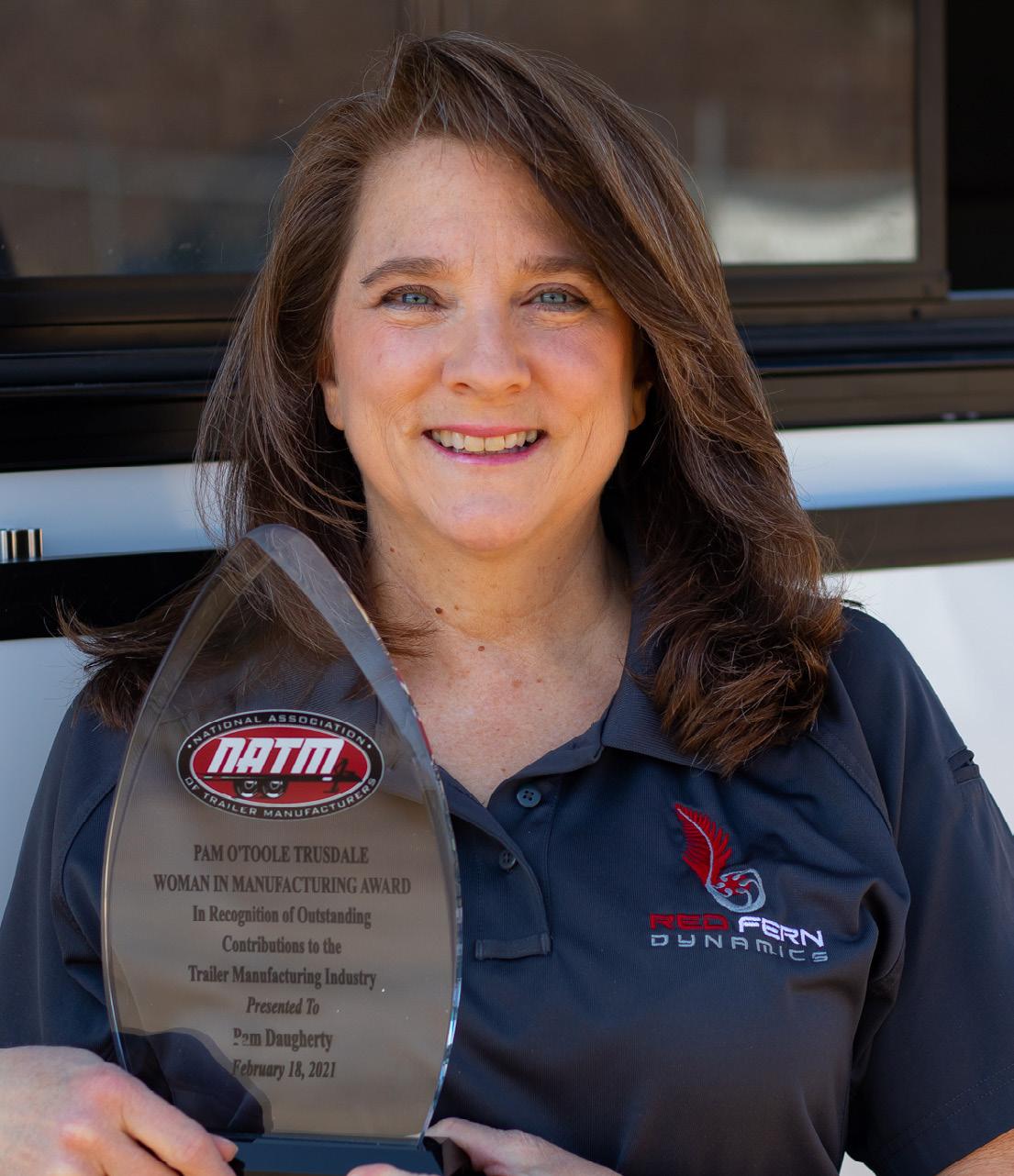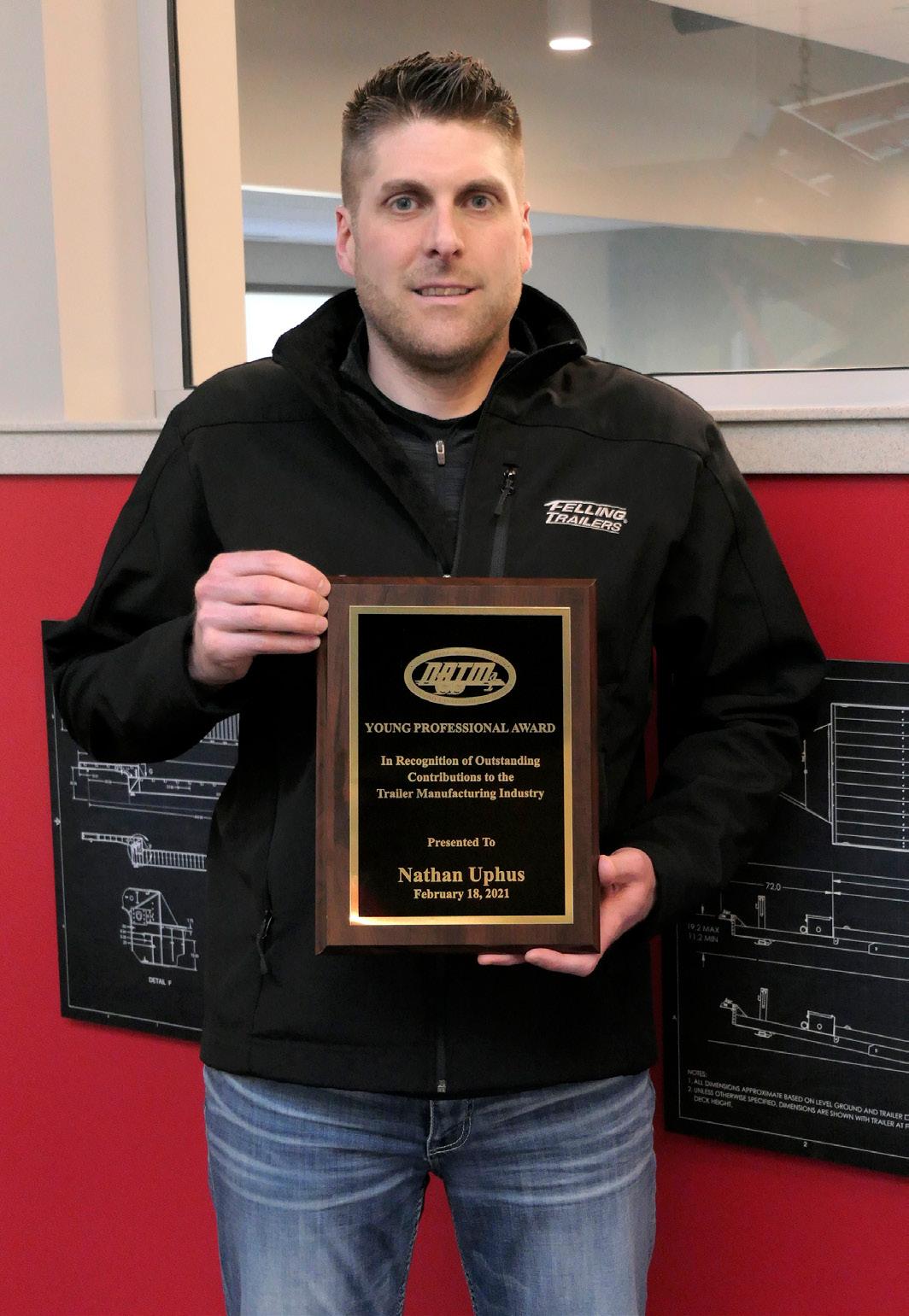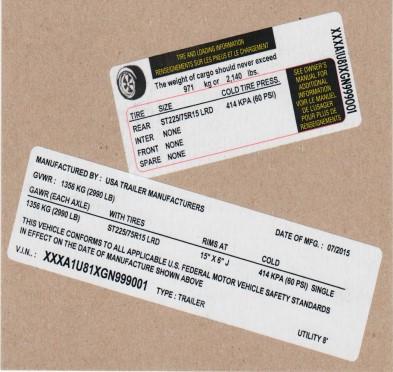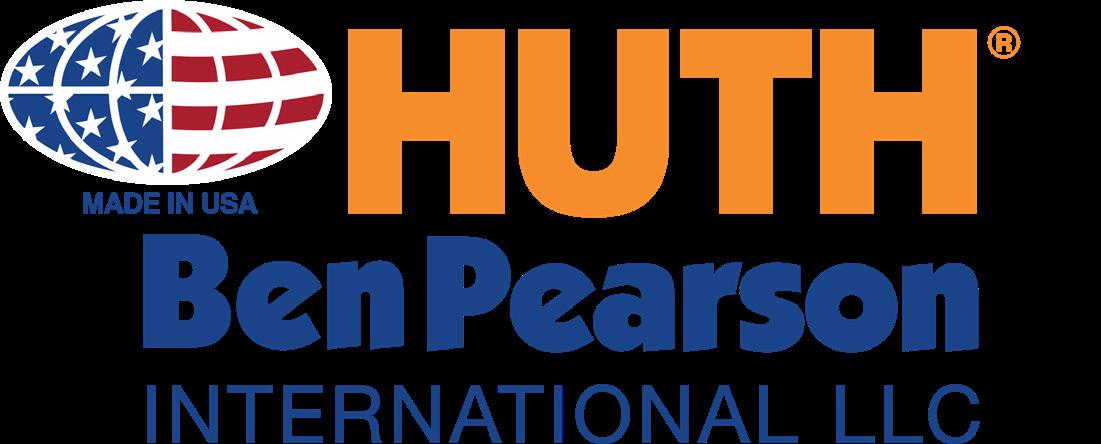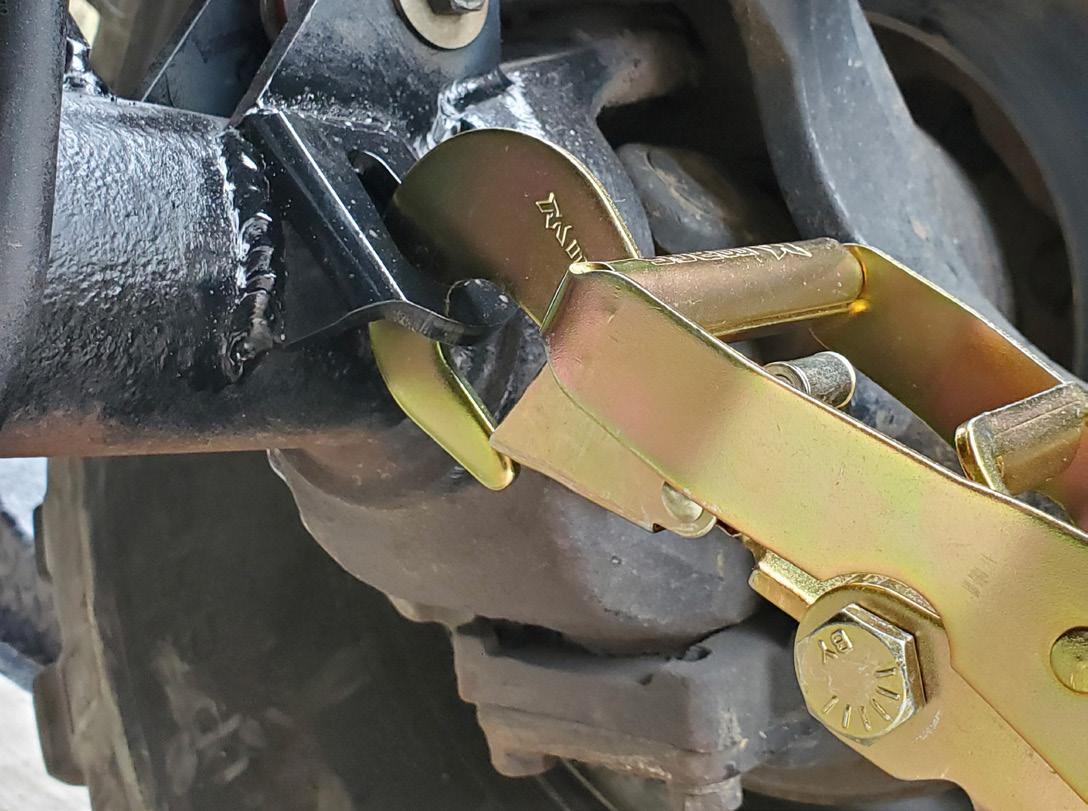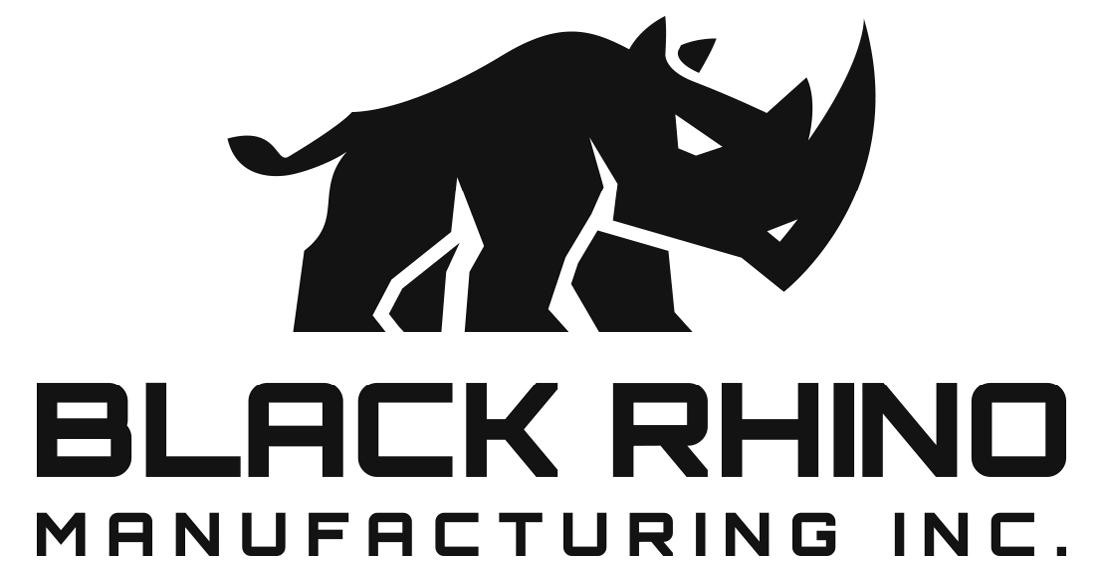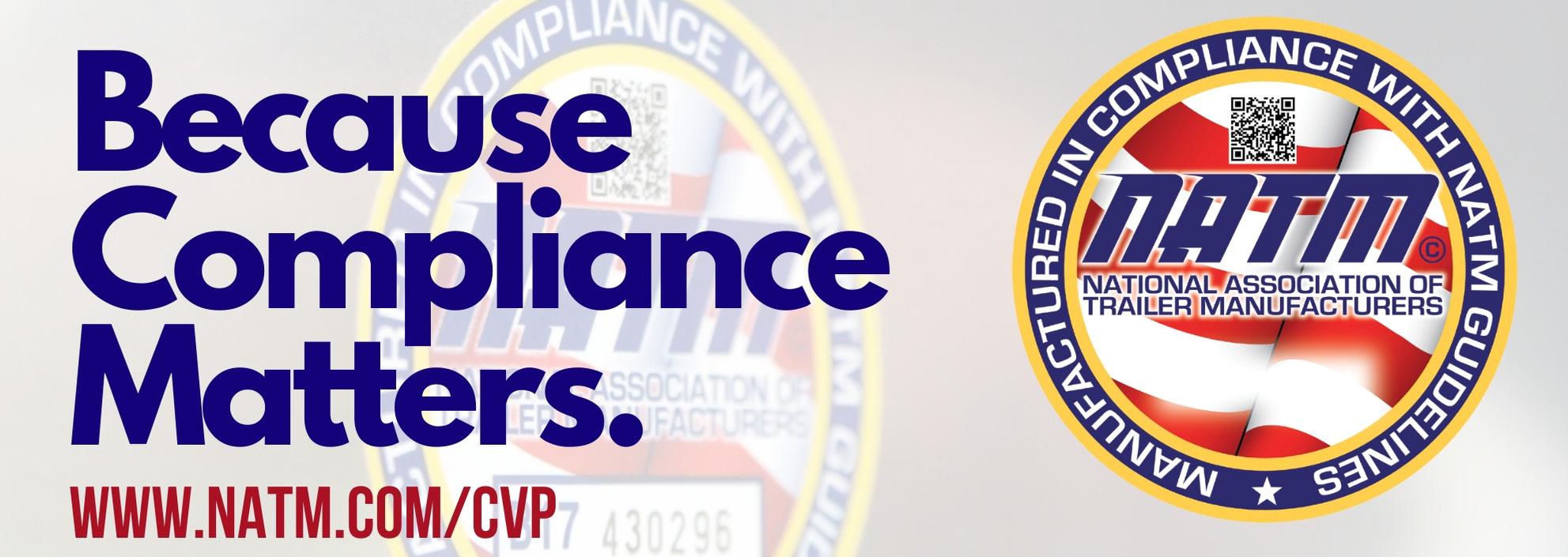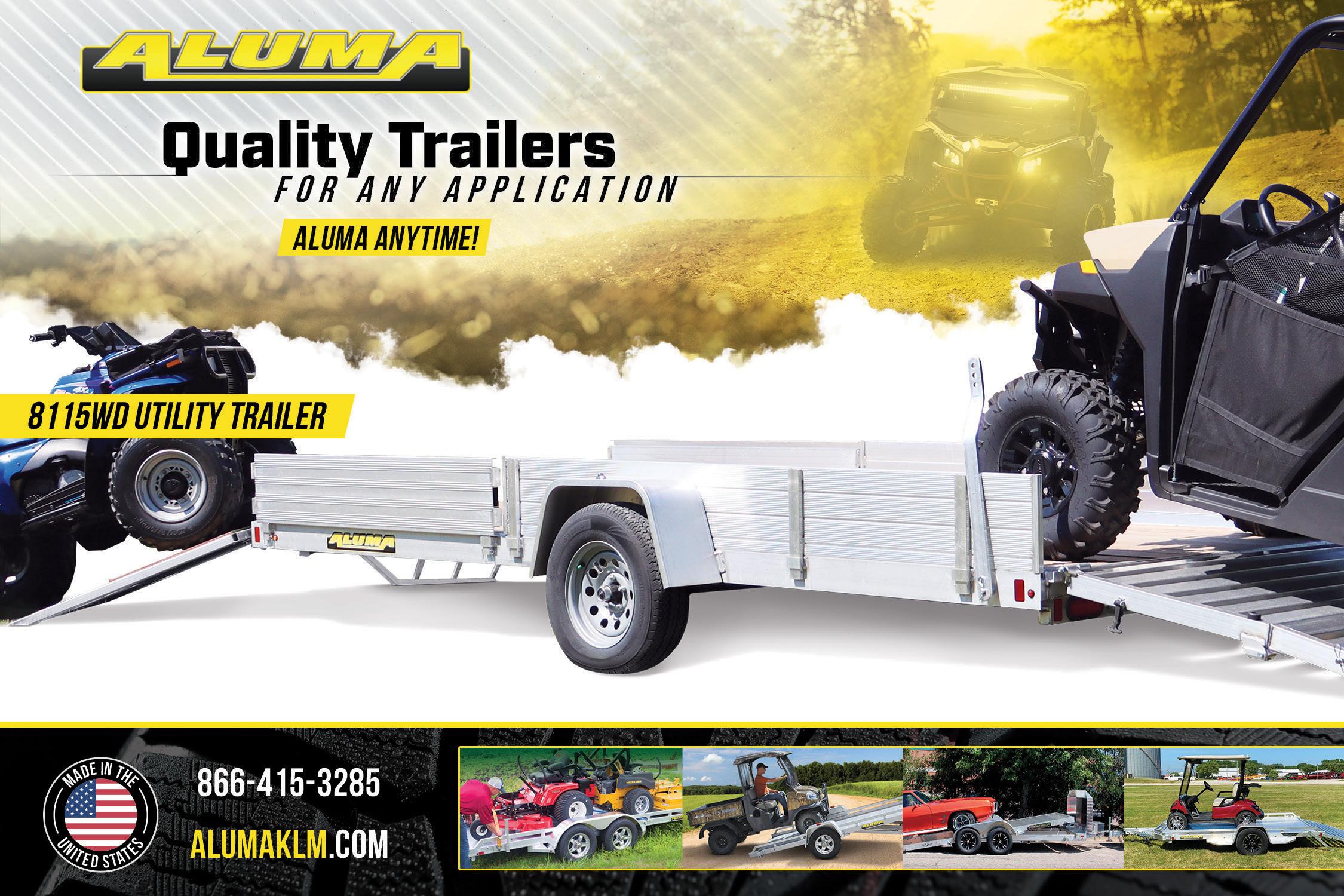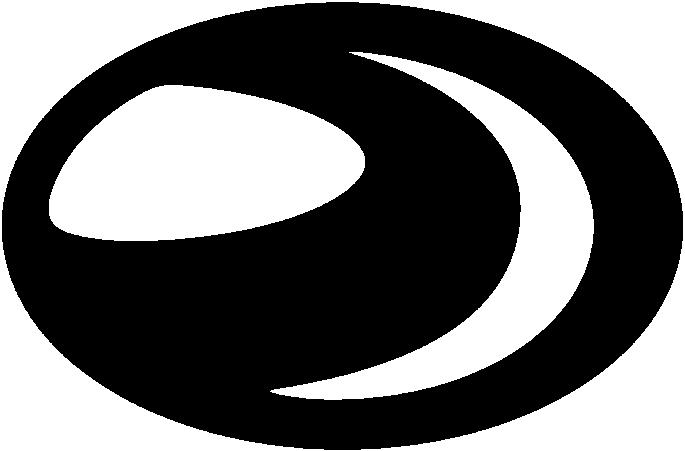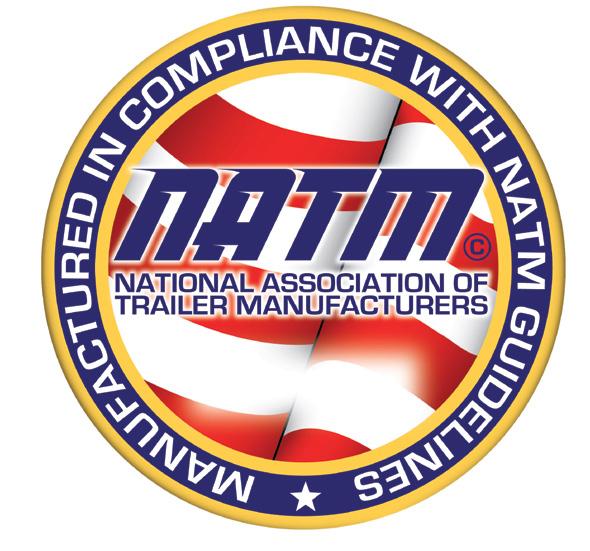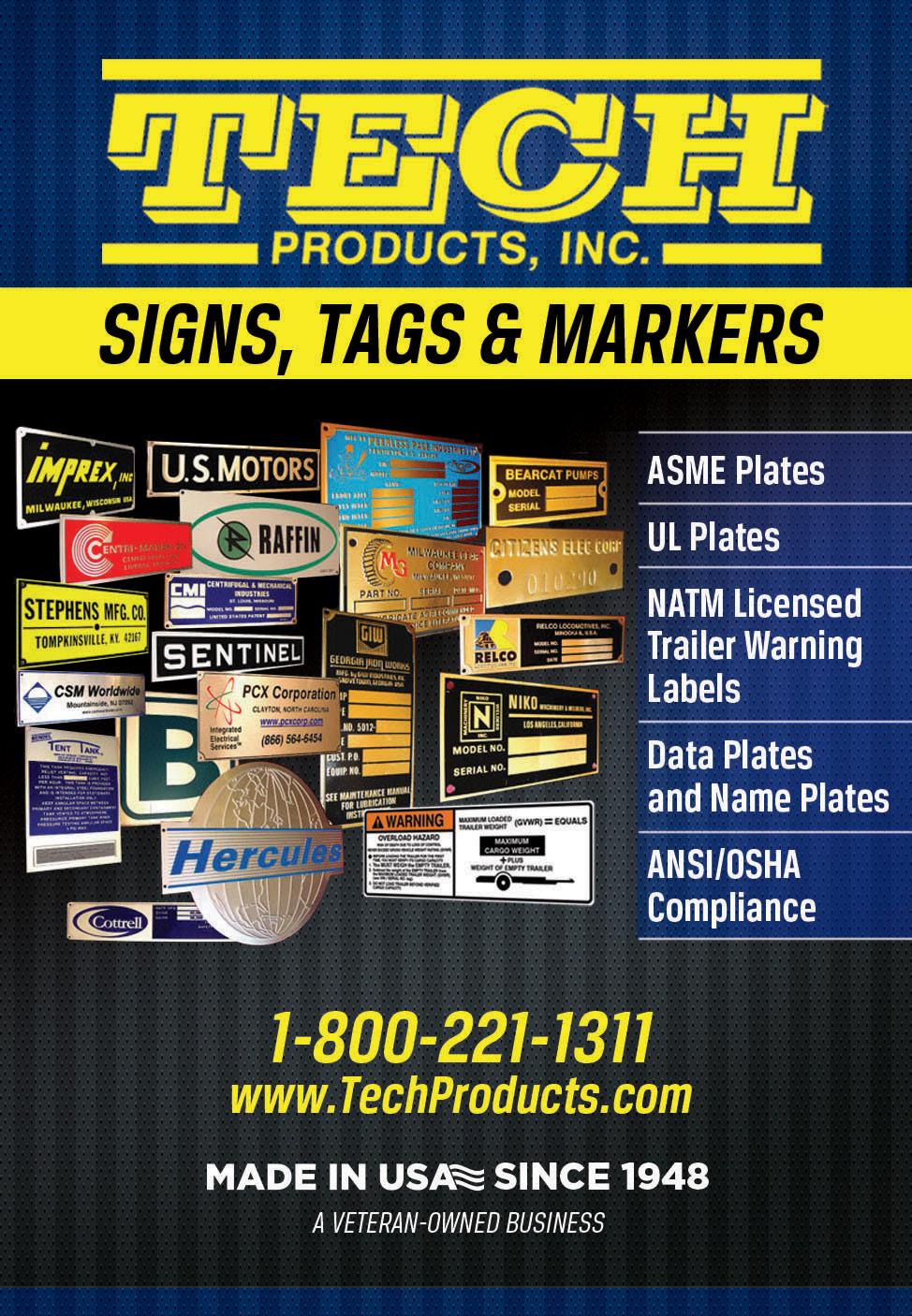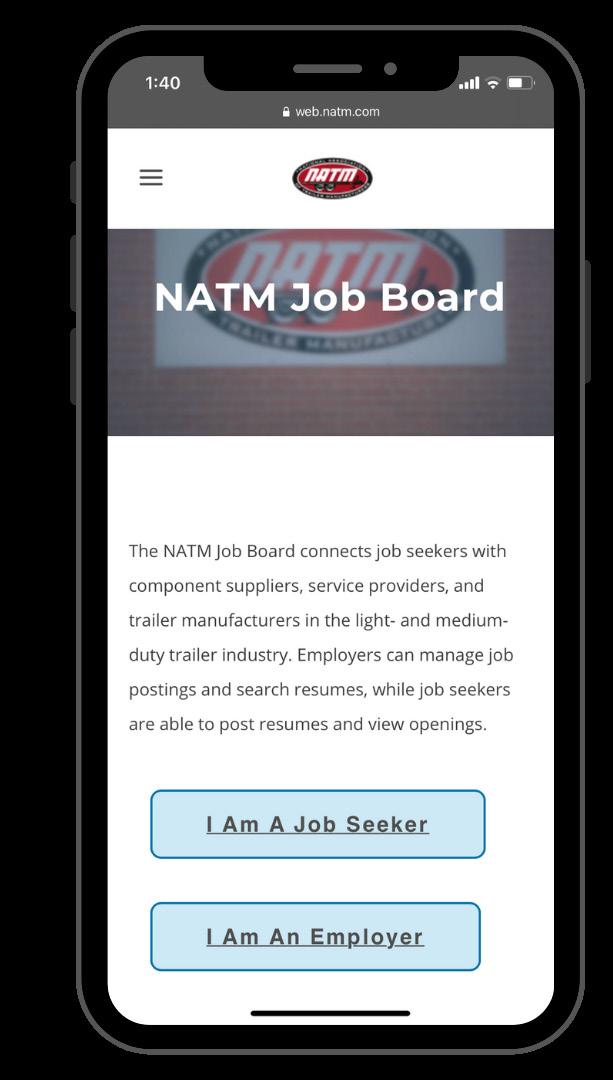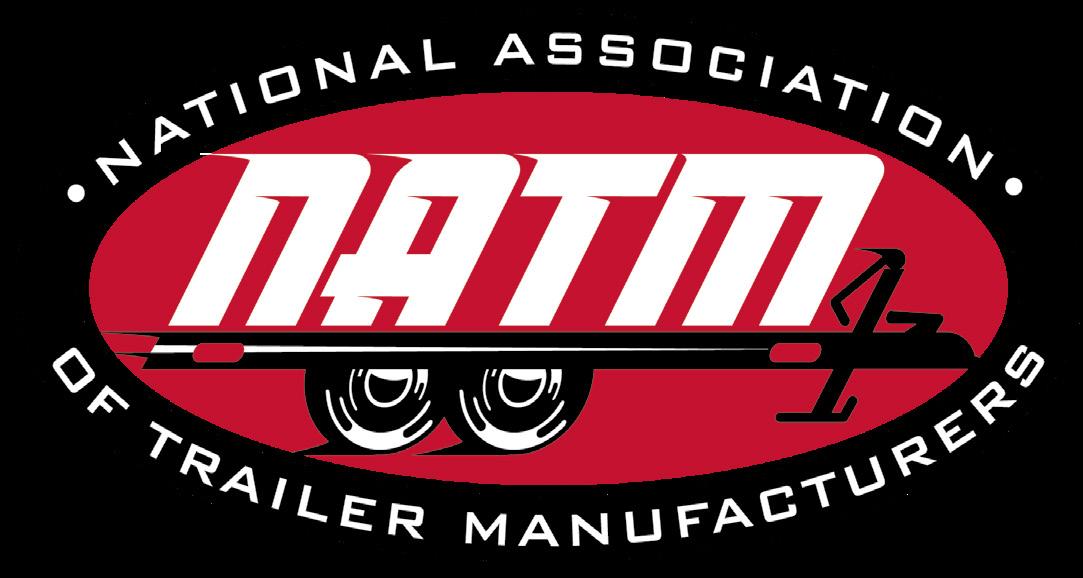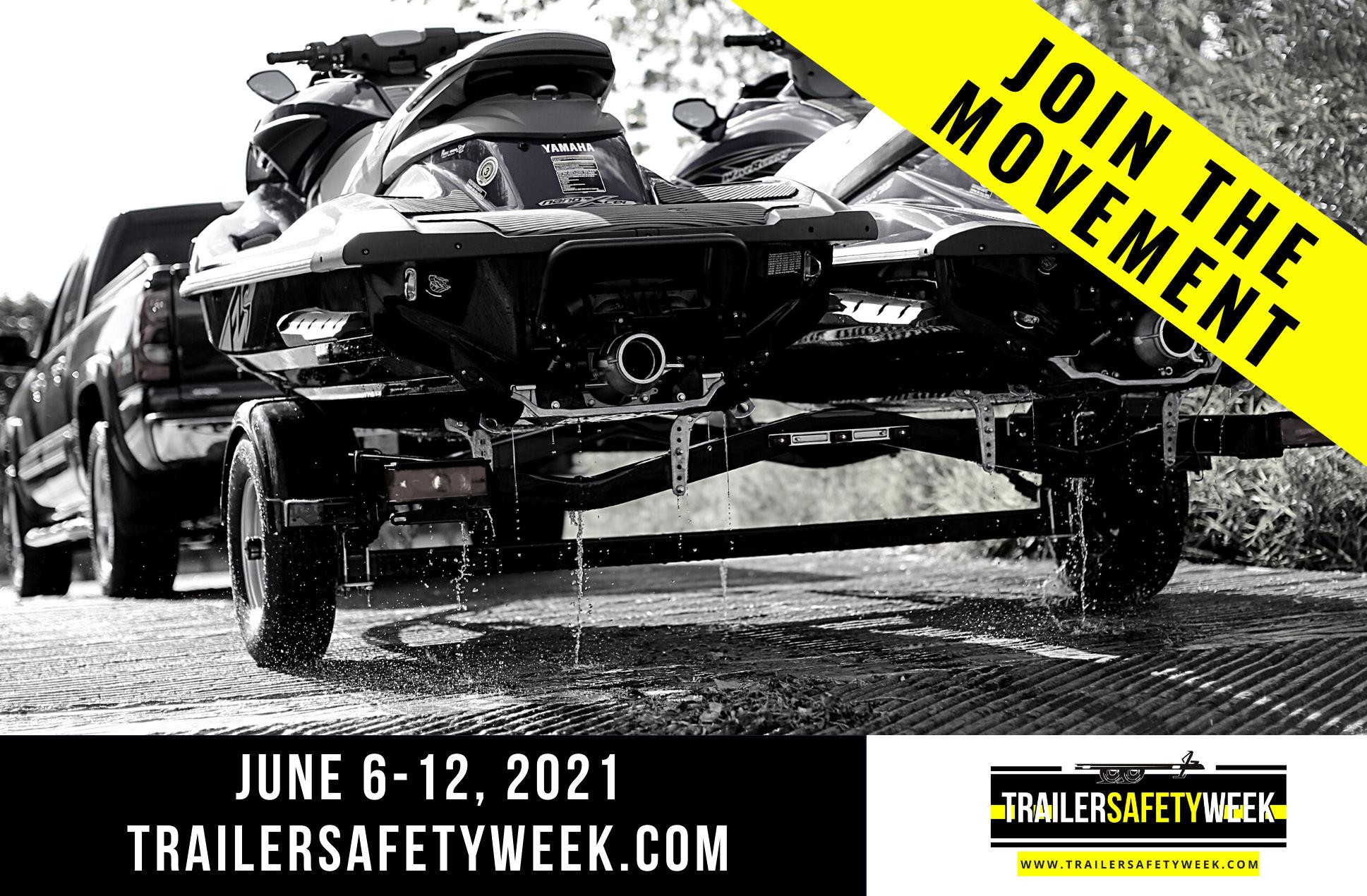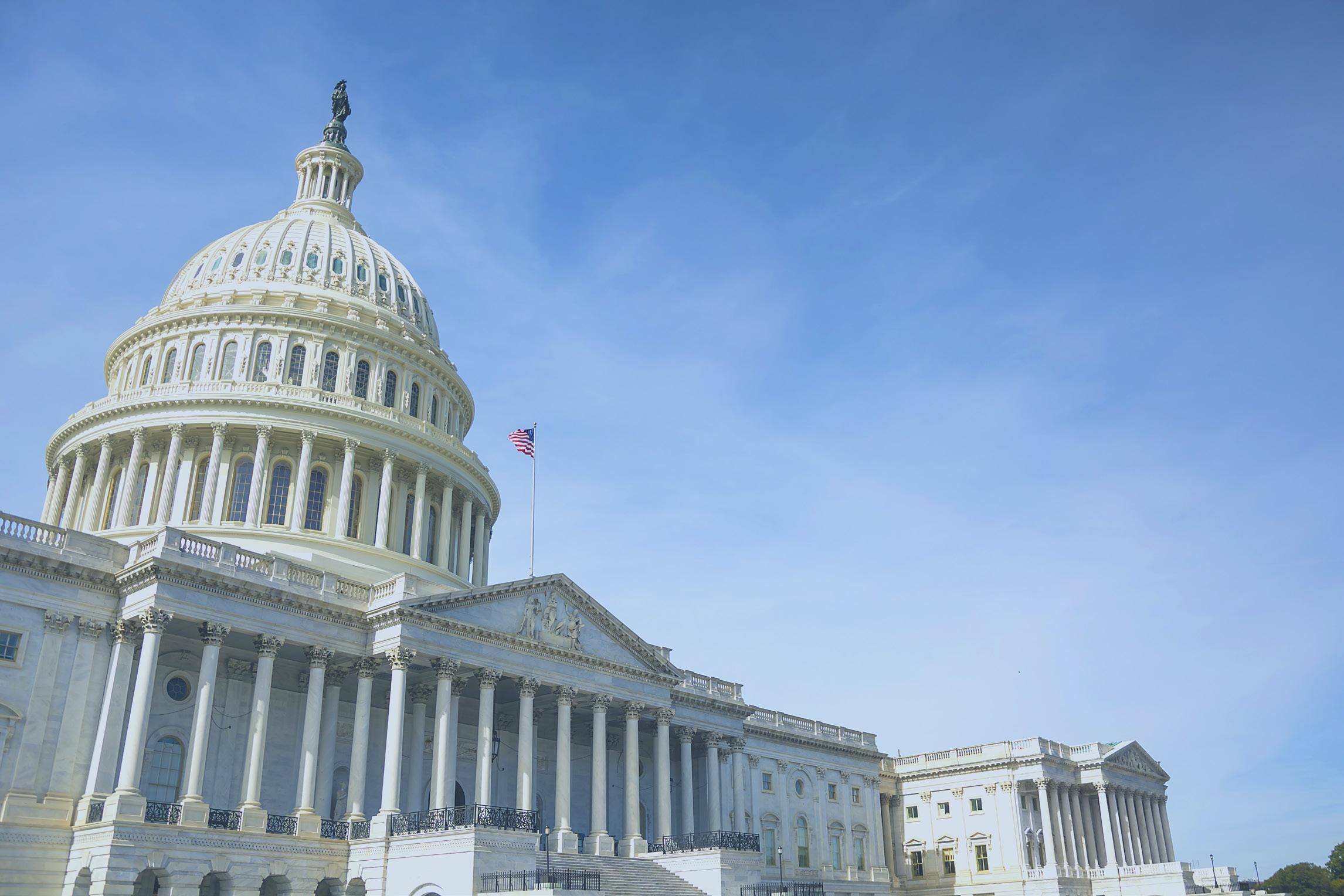History of the NATM Compliance Verification Program
Tracks
History of the NATM Compliance Verification Program By Elizabeth Moore, NATM Tracks Editor trailers in accordance with federal safety regulations and industry best practices. A key component of the program is that NATM conducts the consultation as an independent, unbiased third-party group that is knowledgeable in the requirements. NATM further provides technical support in understanding and applying these often complex regulations to trailer construction.
Established in 1987, the National Association of Trailer Manufacturers (NATM) serves as a voice of the industry for its over 900 members and affiliates, including manufacturers, suppliers, service providers, and dealers, with its mission of promoting trailer safety and the success of the trailer manufacturing industry through education and advocacy. Trailer safety is a founding tenant of the Association. One way this is accomplished is through the mandatory Compliance Verification Program (CVP), requiring all NATM trailer manufacturer members to verify they have the manufacturing processes in place to build trailers that meet Federal Motor Vehicle Safety Standards (FMVSS) and industry best practices. This program involves multiple components, all of which are geared toward creating safer trailers and, in turn, safer roadways. The CVP begins with the Guidelines for Minimum Recommended Manufacturing Practices (Guidelines). The Guidelines is a compilation of applicable Federal Motor Vehicle Safety Standards, regulations, and industry best practices—all found in one easy to use, organized compendium. The purpose of the Guidelines is to create easy access to reference materials and federal regulation with which trailer manufacturers are required to comply. With this free flow of information and open lines of communication, NATM members are provided with access to resources and information that can often be time consuming and difficult to compile on their own. Trailer manufacturing members undergo a consultation every two years. The consultation features an extensive checklist of items, all pulled from the Guidelines, intended to ensure trailer manufacturing member have the processes in place to build
30
March/April 2021
Although the CVP is conducted for trailer manufacturers, it is also key for dealers and end-users. Federal regulations apply across the board, from the manufacturer to the end-user, including the dealer. Selling and purchasing compliant trailers helps to ensure federal regulations have been met, as dealers nor end-users are exempt. The federal government is cracking down on non-compliance across the United States, and consequences are not taken lightly. Fines are possible in the event of noncompliance, and the unit could be put out of service until the issue is corrected. In addition, non-compliant trailers pose a safety risk to not only end-users but everyone on the road. Trailer safety regulations are less well known than other industries, such as automotive regulations, but no one would sell or purchase a car without seat belts. Why should it be any different for trailers? Trailer manufacturers have equivalent regulations in place to help ensure end-user and road safety. To learn more about safe trailering practices, visit www.TrailerSafetyWeek.com or turn to page 16to learn how to participate in this year’s Trailer Safety Week. For more information on how dealers can market compliance to customers, refer to page 36. For questions about the CVP, contact NATM Technical Director Terry Jones at Terry.Jones@natm.com or call (785) 272-4433.
The NATM Decal. www.NATM.com


